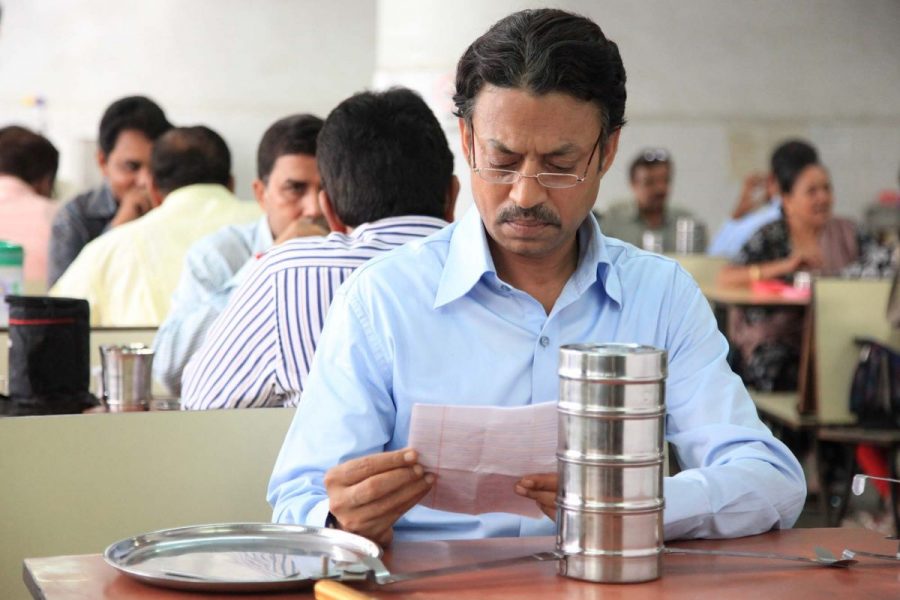The rom-com as we now know it is a classically American construct, and therefore deeply strange. The romance side of it is built out of a fantasy – the coincidence that results in the leads meeting, the obstacles they face in staying together. For this to work, the comedy ought to be grounded in reality, but often, it’s a version of reality that none of us have encountered. Think of those Katherine Heigl vehicles where she’s a TV producer or a party organiser, in a gleaming NYC untouched by the Great Recession. Hollywood has resisted tinkering with this formula, but India offers a corrective in the shape of The Lunchbox.
Ritesh Batra’s film turns the tropes on their head. Mumbai, as depicted here, is on the brink of exhaustion, and the only flash of colour comes from the lunchbox delivery men around whom the narrative pivots. The leads – Irrfran Khan as a government clerk, Nimrat Kaur as a housewife – are neither glamorous nor aspirational, and though their love story occurs over a classic rom-com misunderstanding (the lunch prepared by the housewife for her husband ends up on the clerk’s desk), they never meet, hemmed in by the constraints of work and family. Only after the characters have been fleshed out deliberately and with subtle comic flourishes does the film offer the possibility of a happy ending – and even then, it’s only a possibility.
For this reason, The Lunchbox reveals the potential of its much maligned genre. For too long, Hollywood has peddled an empty fantasy of romance implicitly tied to soulless commercialism. This film, on the other hand, roots itself in the real, yet somehow manages to be effortlessly more charming. It is sensitive and humanistic, and if American studio execs had any sense, they would steal shamelessly from it.
